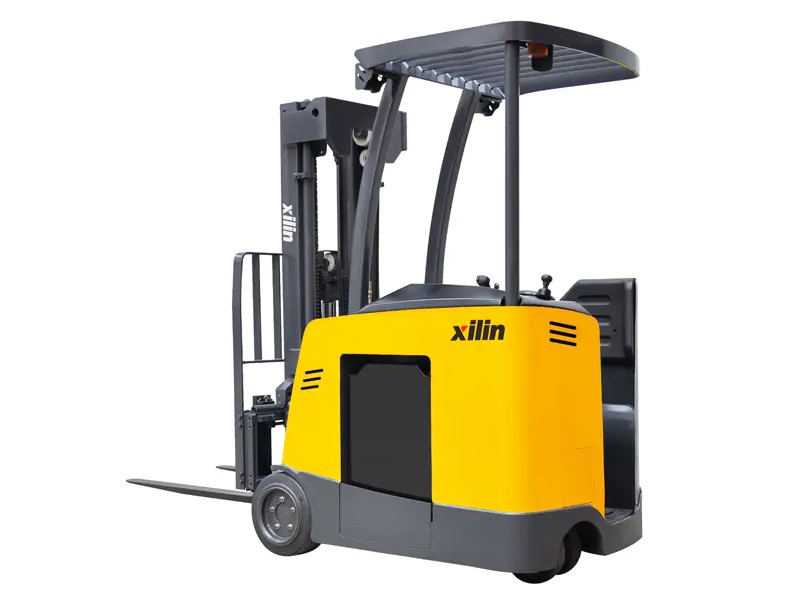Content
Electric forklifts are designed with a certain degree of protection, but rainy weather operations require extra caution, and not all models are suitable for prolonged operation in the rain.
The Importance of IP Ratings
A key factor in determining whether an electric forklift is suitable for use in wet or rainy environments is its IP (Ingress Protection Rating). This rating indicates the device's protection against solid foreign objects (such as dust) and liquids (such as water).
Key Component Protection: Modern electric forklifts, especially those from premium brands, typically feature core electronic components such as batteries, controllers, and motors with high IP ratings, such as IP54 or higher. This means they are effectively resistant to splashing water or light rain.
IP54/IP55: If your electric forklift has an IP54 or IP55 rating, it can generally handle short periods of light rain or operation on slippery surfaces.
IP65 and above: If a device has a higher IP rating (such as IP65), it is more resistant to water and can be used with greater confidence in sheltered but damp environments.
Note: Even electric forklifts with a high IP rating are not recommended for operation in heavy rain or prolonged exposure to rain. IP ratings typically refer to "splashproof" or "jetproof," not "immersion."
Risks and Safety Measures for Rainy Day Operations
Using an electric forklift in rainy weather poses additional risks, requiring a series of additional safety measures:
1. Wet and Slippery Surfaces and Braking
Risk: Wet and slippery surfaces significantly reduce tire grip, increasing sideways slip and braking distances, which is the greatest safety hazard during rainy day operations.
Measures: Always drive slowly, especially when turning and braking. Avoid sudden acceleration and braking. Check tire tread depth to ensure adequate drainage.
2. Electrical System Protection and Short Circuits
Risk: Although core components are protected, moisture and accumulated water can still penetrate incompletely sealed connectors and wiring harnesses, causing short circuits or corrosion, impacting the reliability and service life of the forklift.
Measures: Operate in a sheltered area whenever possible. Avoid driving an electric forklift over deeply flooded roads. If water accumulates in the work area, stop operations immediately and move to a dry area.
3. Visibility and Operator Comfort
Risk: Rainy weather can impair operator visibility, and the forks and loads may become slippery and difficult to secure.
Action: Ensure the cab's (if equipped) wipers and lighting system are functioning properly. Exercise extreme caution when handling slippery loads, and use waterproof or anti-slip devices as necessary.
Ensuring the Durability and Reliability of Electric Forklifts in Rainy Weather
Electric forklifts can be used in light rain or wet conditions with proper protection and operator caution, but this is by no means ideal.
To ensure the durability and reliability of your electric forklift in wet conditions, follow these guidelines:
- Check the manual: Confirm the device's IP rating.
- Avoid Deep Water: Never drive a forklift into water that could submerge the battery or motor.
- Post-Operation Maintenance: After work in rainy weather, immediately wipe the surface of the equipment with a dry cloth, especially inspecting electrical components and connectors to ensure they are dry to prevent corrosion.
- Regular Inspections: Electric forklifts operating in humid environments require more frequent inspections of seals and connectors for wear.
Selecting an electric forklift suitable for your outdoor work needs, understanding its waterproof performance, and strictly following safe operating procedures will ensure long-term, efficient operation of the equipment.











